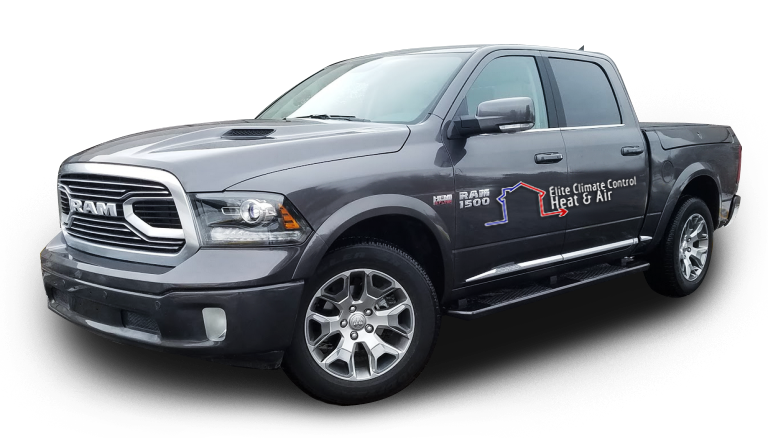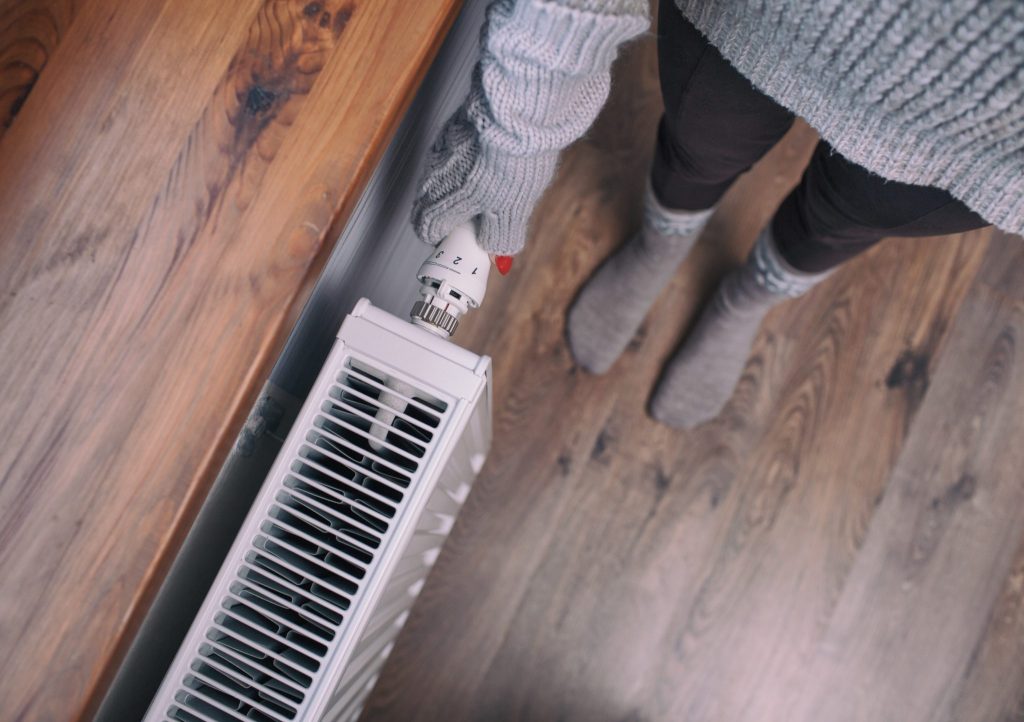When looking at an upgrade or replacement of your Jonesboro home’s heating system, it can be tempting to look at replacing the old system with a similar new one. But as the cost of electricity and natural gas is on the rise, you should take a bit to evaluate all of your options and the energy efficiency of each to decide which one will best meet your long-term needs and your current budget.
Thinking About Energy Efficient Heating
Many homeowners are unaware that their home’s HVAC system accounts for well over half of the energy used in the house. So saving energy on heating is one of the most obvious ways to reduce your energy bills. But what you might not be considering are the other benefits, including:
- The advantage to the environment
- The added comfort in your home
- Decreased stress on you and your budget from high heating costs
The Big Three Heating Choices
When shopping for a new heating system, you are likely to be looking at the choices that include a forced-air furnace, a heat pump, or a boiler. We will explain the basics of each of these units and share with you some information on the efficiency you can expect from these three types of heating.
For this comparison, we will use the standard annualized fuel utilization efficiency. It is the percentage of the fuel transformed into usable heat from each type of furnace or heating system. The higher the number for each heating system, the more efficiently it operates.
- Forced Air Furnace- A forced air furnace heats your home by first heating air and circulating it throughout your house. Most systems use ductwork to move the warmed air to various parts of the house. These furnaces can use natural gas, heating oil, wood, propane, or electricity to heat the air before being distributed around the house. These systems are also known for quickly delivering warmed air to heat your home. The electrically heated air is the cleanest fuel type. However, it is also the most costly. Wood is the least efficient and also one that produces a lot of dirt and soot. For this reason, many homeowners opt for natural gas or propane to power their forced air furnaces. The efficiency rating for gas is between 95 and 98%, while an electric model can be 100% efficient. The wood-heated forced-air furnaces are the least energy-efficient, coming in at about 88%.
- Heat Pumps- Heat pumps are unique in that they do not create heat. Instead, they collect and redistribute it. A heat pump is ideal in a mild climate because it can be up to 100% energy efficient. But the drawback is that they are not capable of transferring enough heat to overcome extreme cold. In climates that have very cold winters, heat pumps need to be installed with a backup heat source such as a forced-air furnace or heating stove. As mentioned above, the heat pump can achieve 100% efficiency under ideal conditions.
- Boilers- Boilers are used to heat water that moves through a series of pipes to heat your home. You will have radiators in each room or space to allow the heat to dissipate into your home. The process of heating the water can be fueled by gas, propane, wood, or oil. The boiler’s efficiency ranges from 90 to 98% based on the fuel used to heat or boil the water.
When you are interested in learning more about energy-efficient heating options, call (870) 273-8056. The experts at Elite Climate Control Heat & Air will evaluate your home’s heating needs to help you determine which will best meet your needs and budget.


